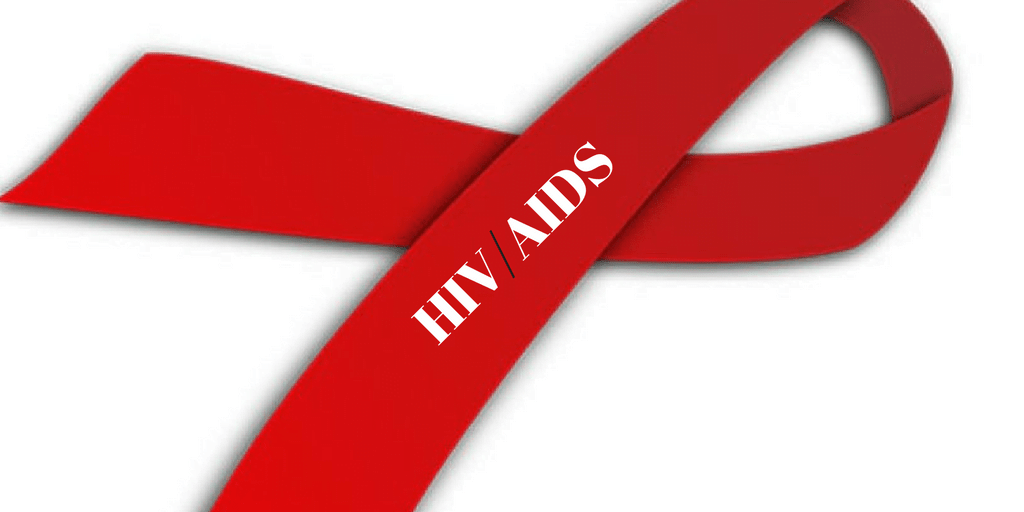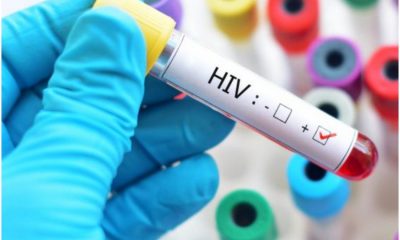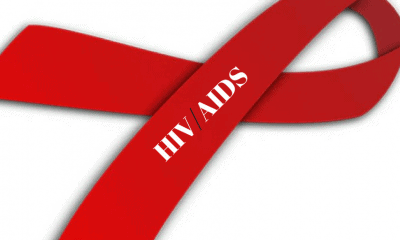Health
Progress In HIV Prevention Revealed By New Research


Results from several important HIV prevention studies such as ‘treatment as prevention’ and ‘on-demand PrEP’ has shown more progress.
This is contained in a statement issued at the 22nd International AIDS Conference (AIDS 2018) in Amsterdam, Netherlands, and made available to newsmen in Ibadan on Tuesday.
Newsmen report that the conference, which is the largest gathering on HIV and AIDS in the world, is organised by the International AIDS Society (IAS).
Prof. Linda-Gail Bekker, IAS President and International Chair of AIDS 2018, said it was a new era in HIV prevention, adding the studies had helped point a way forward.
“If we deliver prevention advances where they’re needed most and at scale, we can greatly reduce the number of new infections worldwide,” she said.
She stated that the conference had highlighted five HIV prevention studies, selected from nearly 3,000 scientific abstracts being presented.
Frank Tomaka of Janssen Research and Development said that a study on APPROACH HIV vaccine revealed positive new long-term data.
“The study enrolled not more than 400 HIV-negative adults in the US, East Africa, South Africa and Thailand.
Tomaka reports showed that participants who received the most promising regimen achieved high and persistent immune responses that were maintained until week 78 (30 weeks after the fourth dose),” he said.
Tomaka said the data from the study already helped lead to a proof-of-concept efficacy study in women at risk for HIV, adding that the study known as Imbokodo, is now taking place in sub-Saharan Africa.
Allison Rodger of University College London said a study have confirmed viral suppression prevents HIV transmission in gay male couples.
Rodger stated that previous studies, including PARTNER1 and Opposites Attract, found no cases of HIV transmission in these kinds of couples, but the level of evidence has remained less than for heterosexual couples.
The study enrolled 972 serodifferent gay couples in 14 European countries and results showed that despite almost 75,000 condomless sex acts, there were zero cases of HIV transmission between the partners.
Jean-Michel Molina of the University of Paris Diderot said that results from Prevenir, an ongoing observational study, revealed that on-demand PrEP was an effective strategy for preventing HIV acquisition in at-risk MSM.
Molina stated that at enrolment, 44 per cent of participants used PrEP daily and 53 per cent used it on demand.
She stated that the study found no breakthrough HIV infections among men taking PrEP “on demand” or those taking it daily, recommending continuous use of both dosing regimens in the population.
Akarin Hiransuthikul of Thai Red Cross AIDS Research Centre said feminising hormone therapy may reduce PrEP efficacy among transgender women.
The iFACT study in Thailand studied PrEP use in 20 transgender women who had never undergone orchiectomy (removal of the testicles) and had not received injectable feminising hormone therapy within six months.
Hiransuthikul said study volunteers started taking feminising hormone therapy at the beginning of the study with PrEP in week three, saying results showed lower plasma tenofovir exposure in the presence of feminising hormone therapy.
“These data suggest that feminising hormone therapy may affect PrEP efficacy among transgender women. Further studies are warranted to determine whether these reductions in tenofovir are clinically significant,” she said.
Sara Browne of University of California San Diego said that the study on ‘digital PrEP’, a novel formulation of the PrEP pill that has a tiny, embedded and ingestible sensor was positive.
Browne said that the single-arm and open-label study enrolled 60 HIV-negative men who wished to take PrEP.
She stated that the result of the study showed that digital PrEP was pharmacokinetically equivalent to regular PrEP and 92 per cent of participants reported having a positive experience with the system.












